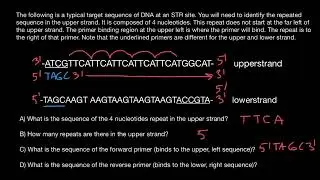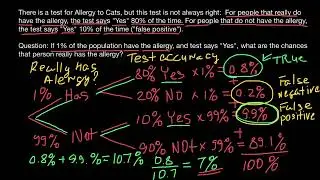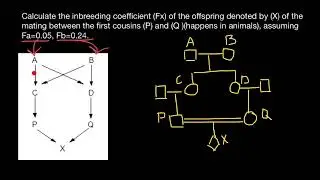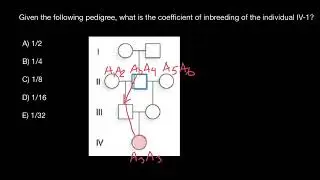Was Hitler Homosexual or Bisexual?
The sexuality of Adolf Hitler, dictator of Germany from 1933 to 1945, has long been a matter of historical and scholarly debate, as well as speculation and rumour. There is evidence that he had relationships with a number of women during his lifetime, as well as evidence of his antipathy to homosexuality, and no evidence of homosexual encounters. His name has been linked to a number of possible female lovers, two of whom committed suicide. A third died of complications eight years after a suicide attempt, and a fourth also attempted suicide.
Adolf Hitler created a public image of a celibate man without a domestic life, dedicated entirely to his political mission and the governance of Nazi Germany. His relationship with Eva Braun, which lasted nearly 14 years, was hidden from the public and all but his inner circle. Braun biographer Heike Görtemaker notes that the couple enjoyed a normal sex life. Hitler and Braun married in late April 1945, less than 40 hours before committing suicide together.
Two wartime reports by the Allies attempted to analyse Hitler psychologically. A 1943 report by Walter C. Langer for the U.S. Office of Strategic Services (OSS) describes Hitler as having repressed homosexual tendencies and opined that he was an impotent coprophile. Psychologist Henry Murray wrote a separate psychoanalytical report for the OSS in 1943 that drew similar conclusions. Otto Strasser, one of Hitler's opponents in the Nazi Party, also told his post-war interrogators a similar story. British historian Sir Ian Kershaw describes Strasser's statement as "anti-Hitler propaganda".
In research following Hitler's death, a variety of claims have been made about Hitler's sexual orientation: that he was gay, bisexual, or asexual. Conclusive evidence is lacking, but most historians believe he was heterosexual. There is at least one claim that Hitler had an illegitimate child (named Jean-Marie Loret) with one of his lovers. Mainstream historians, such as Kershaw, dismiss this as unlikely or impossible.































